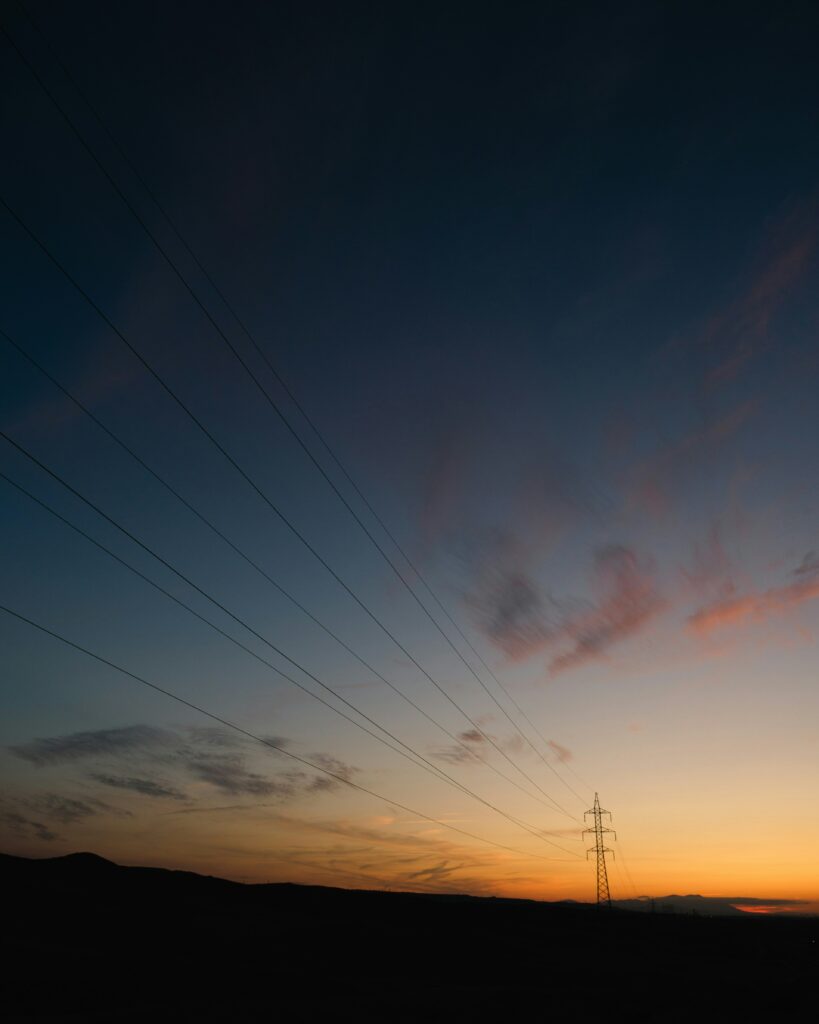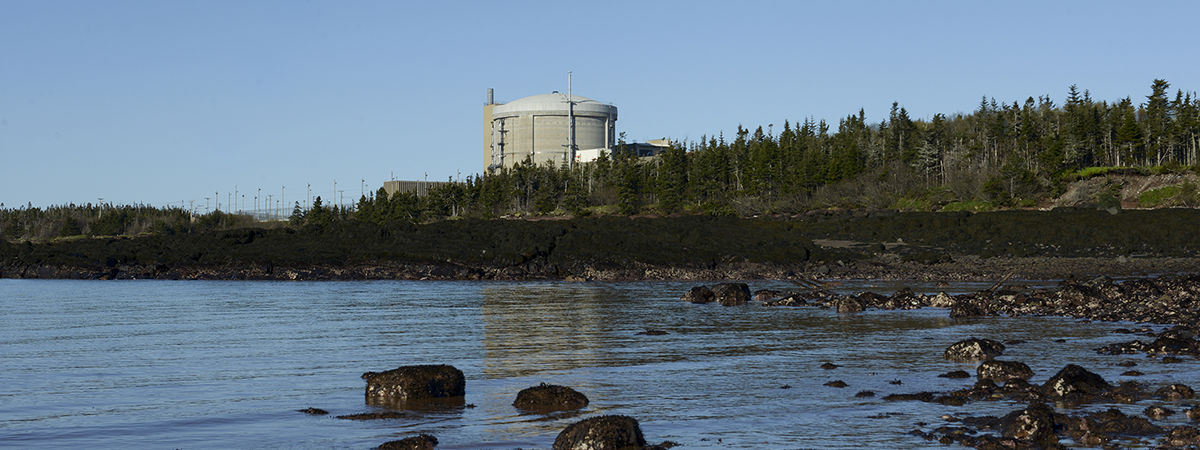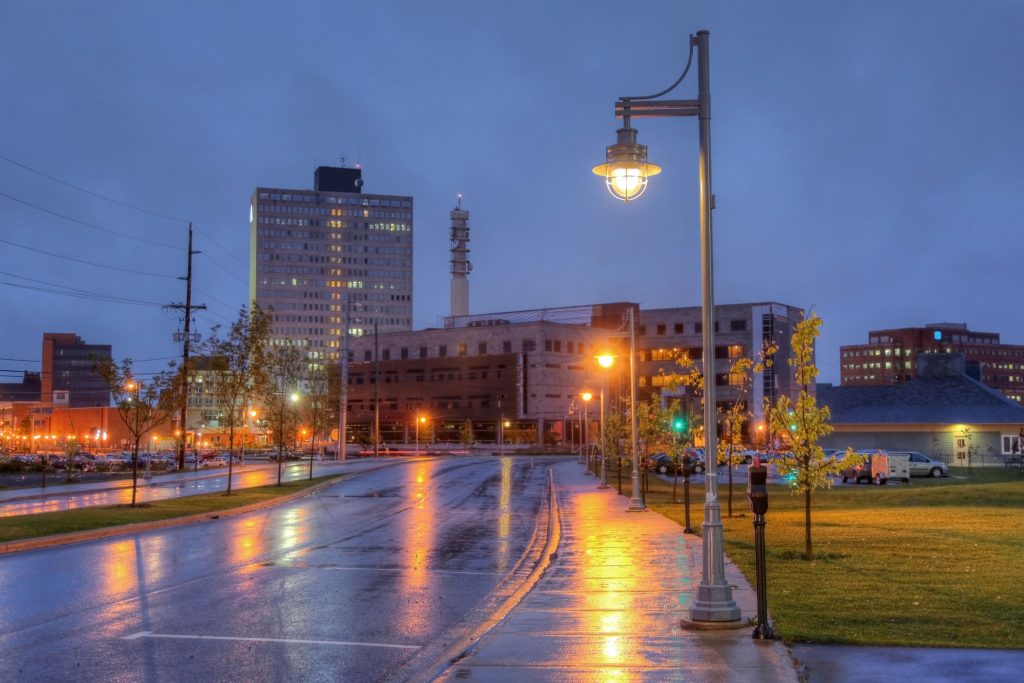Author: Rachel Wadden
Date: January 28th, 2024

Area of Impact:
Atlantic Canada
Article Information and Location:
Atlantic Canada’s only nuclear power station is offline again
Cloe Logan, Canada’s National Observer, August 20th, 2024.
INTRODUCTION
Power and electricity are the backbones of our society. To quote Steve Martin’s character from the hit show Only Murders in the Building, “There’s a thin line between civilization and chaos, and that line is electricity.” Most North Americans no longer rely on lantern lights, letters, or chamber pots. Still occasionally plagued by temporary power outages, everyone gets a taste every once in a while of how accustomed we are to having power sources and how their accessibility is often taken for granted. Despite the importance of electricity in the lives of many, people are less inclined to question how and where this power is generated.
Historically, fossil fuels have been burned to produce power. However, as the 2030 ‘get-off coal deadline’ fast approaches in Canada, many provinces have turned to alternatives. One alternative is nuclear power. In Canada, there are currently four nuclear power stations, with only one located outside of Ontario. The Point Lepreau Nuclear Generating Station opened in New Brunswick in the 1980s. In the past 40 years, it has served as an alternative to the province’s other oil, gas, and coal plants. However, it reportedly suffers often from extended shutdown periods. Summer 2024 is an example of one such period. The Point Lepreau Nuclear Generating Station first began a planned shutdown in the spring, which was supposed to last 100 days. However, the plant’s scheduled maintenance evolved into an extended shutdown, with a prediction of being offline for at least 200 days, carrying the spring outages through the summer and into November.

INFORMATION AND SIGNIFICANCE
When not shut down, the Point Lepreau Nuclear Generating Station provides about a third of the province’s energy. Therefore, when it is not functioning, the province must turn to its backup resources, such as coal, gas, and oil. Moe Qureshi, the director of climate research and policy with the Conservation Council of New Brunswick, is critical of New Brunswick’s power sources, labeling Point Lepreau a “sputtering power plant” and a “costly symptom of the province’s overreliance on nuclear.” These criticisms are supported by findings from NB Power, which estimates that the province spends 9 million dollars daily for the plant to be shut down. “Instead of investing in reliable and proven renewable energy sources such as solar and wind, the province is resisting transitioning off fossil fuel while hinging its energy future on nuclear power,” says Qureshi.

Taken from Destination Moncton
Presented with this information, many individuals may now be asking New Brunswick, ‘Why?’ Faced with questions, NB Power admits that the full extent of the outage is not yet known and denied any response to other questions from Canada’s National Observer concerning cost and other criticisms. Because of the looming 2030 deadline to stop using coal, New Brunswick has begun plans to convert one of their plants to biomass—renewable energy obtained through animal and plant matter—in the coming five years. However, when discussing the deadline and changes to power plants, NB Premier Blain Higgs said that the province would not “put ourselves in jeopardy, turn the lights out because we have a magic 2030 date.”
CONCLUSION
As electrical power is a pillar in Canadian society, the 2030 ‘get off coal deadline’ means that alternatives to fossil fuel power plants must be found. While most provinces have turned to solar and wind power sources, New Brunswick has geared resources towards Nuclear power. While Nuclear power is a positive replacement for coal, gas, and oil, the recurrence of prolonged shut-down periods at the Point Lepreau Generating Station is becoming worrisome and costly. Something to remember when forgetting to turn your lights off while leaving a room.
